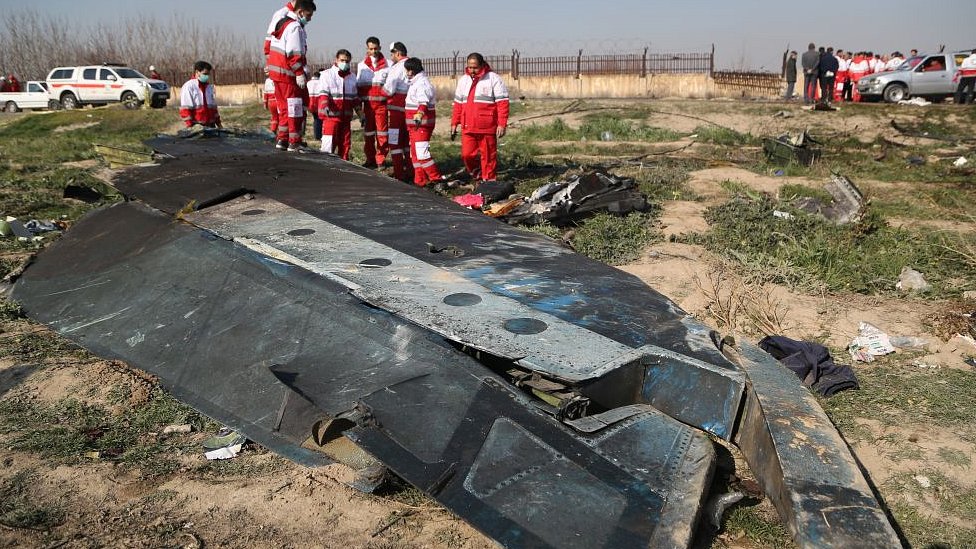

The reduction in GDP growth in China is expected to have a limited effect on tourism activity in MENA (Chart 1). Economic difficulties around the world and the disruption of global value chains will reduce demand for the region’s goods and services, most notably oil and tourism. The negative demand shock is both global and regional. Supply will also be affected by a reduction in materials, capital and intermediate inputs due to disruptions in transport and businesses in MENA countries. The negative supply shock comes first from a reduction in labor - directly because workers get sick with COVID-19, the disease caused by the virus, and indirectly due to travel restrictions, quarantine efforts and workers staying home to take care of sick family members or children. Its spread will confront MENA countries with both a negative supply shock and a negative demand shock (Baldwin and Weder di Mauro, 2020). The region risks dramatic consequences if transparency and information flow issues are not addressed expeditiously during this health crisis. Still, the need for transparency and freer information flow is pervasive. The ability to contain the virus depends on the strength of the region’s public health systems-which, with exceptions such as Yemen and Djibouti, the WHO ranks relatively high among the world’s 191 health systems (Tandon and others, 2000). 1 Algeria, Egypt, Lebanon, Morocco, and Tunisia have also reported infections.

As of March 22, 2020, Saudi Arabia had reported 511 cases Qatar, 481 Bahrain, 332 Iraq, 233 Kuwait, 188 and the United Arab Emirates UAE), 153. Other MENA countries have also reported infections and also imposed preventive measures. The rapid rise in infections there is disrupting the country’s production and trade. As of March 22, 2020, Iran had reported more than 20,000 infections and more than 1,500 deaths. The virus has seriously affected Iran and has spread to other MENA countries. More than 90,000 individuals have recovered. The virus has infected more than 300,000 people and caused about 13,000 deaths as of March 22, 2020. The novel coronavirus - which Chinese authorities first reported to the World Health Organization (WHO) on Decemhas spread globally. They should postpone fiscal consolidation linked to the persistent drop in oil prices and its spillovers until the recovery from the pandemic is well underway.Ĭountries in the Middle East and North Africa (MENA) face both the coronavirus pandemic (COVID-19) and a collapse in oil prices.


They should focus first on responding to the health emergency and the associated risk of economic depression. To deal with these two shocks, authorities should sequence and tailor their responses. Countries in the Middle East and North Africa (MENA) face a dual shock from the coronavirus pandemic (COVID-19) and a collapse in oil prices.


 0 kommentar(er)
0 kommentar(er)
